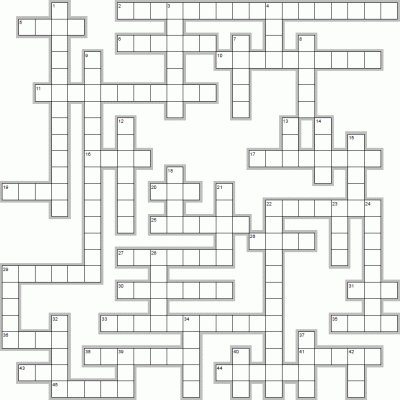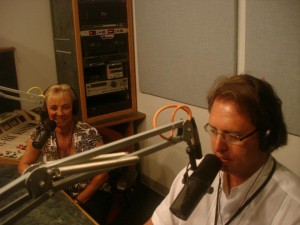Where do we stop? Where must we stop?
 I took a day this past weekend to sit in on a conference entitled “Frontiers in Neural Disorders,” which brought together some researchers I’ve known about for many years.
I took a day this past weekend to sit in on a conference entitled “Frontiers in Neural Disorders,” which brought together some researchers I’ve known about for many years.
I took notes, as I always do in situations like that. (I really think I missed my calling in life, because my interest in this sort of thing goes well beyond any hope of its being of practical benefit to anyone I know.)
I could report here about the general thrust of what was said about autism, schizophrenia, Alzheimer’s, bipolar disorder, ALS, etc. (if you’re curious, let me know and I’ll be glad to send my notes.) At the moment, however, I’m thinking about a short conversation I had there with Alan Lincoln, one of the presenters. I reintroduced myself and said I went to see him several years ago on Joseph’s behalf. Dr. Lincoln is a clinical psychologist with a special interest in autism, and probably at the time (early 90s?) I was hoping for an entrée into the world of behavior mod as had been introduced by his colleague Ivar Lovaas. I remember at that previous meeting he seemed to write down every word I said, and subsequently he turned us over to a younger therapist. (That experience was interesting, but I think our family was too far along — i.e., too worn down and with a son already too old — to benefit from it.)
Dr. Lincoln claimed to remember my name, and naturally he asked about Joseph’s current status. I speculated that Joseph had decided somewhere along the way that he was done with making extraordinary efforts to overcome his disability. This perception did not surprise Dr. Lincoln at all. He commented that no one wants to work at full throttle all the time. As soon as the structure of a daily program is removed (if not before), patients like Joseph often revert to what they find most comfortable. What results may not be our own idea of a good quality of life, but to some extent it may reflect a choice they have made.
It’s interesting that my wife, on that same day, went to a different presentation, to learn about enhancing our daughter’s academic success. And one of the points she brought home from that was that even whiz kids can reach a dead end when they get out from under the influence of constantly hovering parents — if they lack inner motivation. The primary challenge for the parents, then, is to bake in that motivation.
There seems to be a parallel. Of course, we all have a point beyond which we cannot go. Free will plays a part, too. Parents want both success and happiness for their kids. We can argue the objective merits of our idea of success, and insist that our kids share that idea. At least sometimes, parents know best. But sometimes, for one reason or another, the kids are going to take a different path.
And we’ve got to find a way to be at peace with that.

